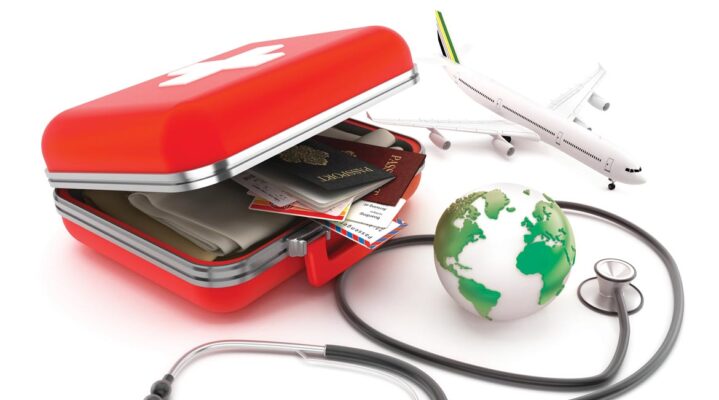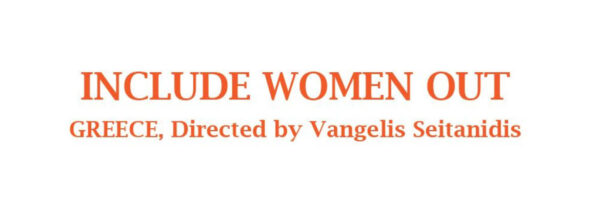
Medical tourism, Thai style – a primer for the new millennium
Medical tourism first started to gain a foothold in Thailand as we left the 20th century and entered the 21st. Prior to this time medical tourism had a rather different meaning than it has today.
In the past tourists from poorer, less developed countries would travel to the more developed nations, where the medical facilities and training of the doctors was so much better than that found in their own countries. But in the new millennium things started to change. In East and SE Asia countries such as Thailand, India and Singapore began to offer a rising number of world class medical facilities, staffed by doctors whose training equalled that of their counterparts in the west.
Nowadays many people from developed nations are opting to travel to those less developed, as the medical facilities, capable doctors and nursing staff, and technology available in those countries is often now on a par with their own. At a far more reasonable burden on their wallets. Thailand is at the forefront of this growing trend towards medical tourism.
Growth in the popularity of medical tourism in the Kingdom, as we enter the second decade of the 21st century, has attracted the attention of government policymakers, researchers, the business sector, and the media. Business owners,
government policymakers, and resorts focusing on wellness and health spas are well aware that medical tourism represents a multibillion dollar opportunity for them, that is expected to grow exponentially over the course of the coming decade, at least.
East, or Japan. Thailand’s world-renowned spas and wellness resorts, often set in breathtaking coastal surroundings, make it even more appealing to the health traveller, particularly in a world now more conscious of preventable disease, and alternative treatment strategies. Medical spas have led the world in combining relaxation with clinical procedures under medical supervision.
The citizens of many countries who would previously have travelled to the United States and or to the developed countries of Europe to seek the expertise and advanced technology available in leading medical centres are now heading towards SE Asia, Singapore and Thailand in particular. A medical tourism sector has emerged, and an increasing number of citizens who live in the more developed countries of the world are choosing to bypass the care in their own communities, and travel to places further afield to receive a wide variety of medical services.
Also, an increasing number of Middle East countries governments are encouraging – and in many cases sponsoring and paying for – their citizens to fly to Thailand with their family, paying for the treatment received, and the patients then move to a coastal resort to recuperate. It is cheaper for their host government to do this, even if they had the specialised services available, than to pay for them to be treated in their own country and stretch their own resources.
This trend is advantageous to Thailand, although, currently, larger numbers of rich and middle class citizens from neighbouring countries such as Myanmar and Cambodia are electing to come to Thailand for their medical procedures. The distance for them to travel is not so far, and they can find western standard hospitals in Bangkok and other centres, and a level of medical expertise – with the accompanying highly trained doctors and nursing staff – that it is impossible to find in their own countries.

Benefitting not only the private hospitals, but the government run ones, too, as most doctors who work in Thailand donate
one or two of their days a week for free to the state-run hospitals, where the poorer members of the public are treated for free, or at a minimum cost. This transfer of medical training, techniques, and the technology it brings with it is having a very beneficial knock-on effect for Thailand’s medical services.
Medical tourists from around the world are presently travelling to faraway countries for dental procedures, bariatric surgery (dealing with weight problems), assisted reproductive technology, ophthalmologic care, orthopaedic surgery, cardiac surgery, organ and cellular transplantation and executive health evaluations. A number of countries in Central and South America have developed strong reputations for bariatric procedures, transplant surgery, and dental care, while India, Malaysia, Singapore and Thailand are well-established medical tourism destinations that have become popular for patients seeking cardiac surgery and orthopaedic surgery, gastroenterology, cosmetic surgery and gender reassignment procedures. Medical services in these countries are affordable, attracting international customers as well as the more well-off from their neighbouring countries.
The availability of exceedingly reliable medical care in Thailand, offered at a fraction of the cost incurred in western countries has created, and is continuing to create, a wealth of lucrative business opportunities and alliances in the Kingdom.
Throughout 2018 Expat Life in Thailand will be taking a close look at the medical facilities available in the Kingdom; the range of medical treatments and procedures available; the state of the art technology and equipment; and last but not least, the impressive locations, hotels, rehabilitation centres, wellness facilities and spas that patients can go to for their recovery and recuperation. We will be talking to doctors and patients from several of the top hospitals, and hospital groups in Thailand, such as Bumrungrad Hospital, Bangkok Hospital Group, Sukhumvit and Praram 9 Hospital.
We will be talking to health and wellness resort owners. We will tell you what types of procedures are available in Thailand. We will put you in touch with all the right people, right here. As we proceed throughout the year on this project we welcome your feedback, and will attempt to answer any questions you may have, as the series progresses.
We wish you all a healthy and prosperous 2018.



